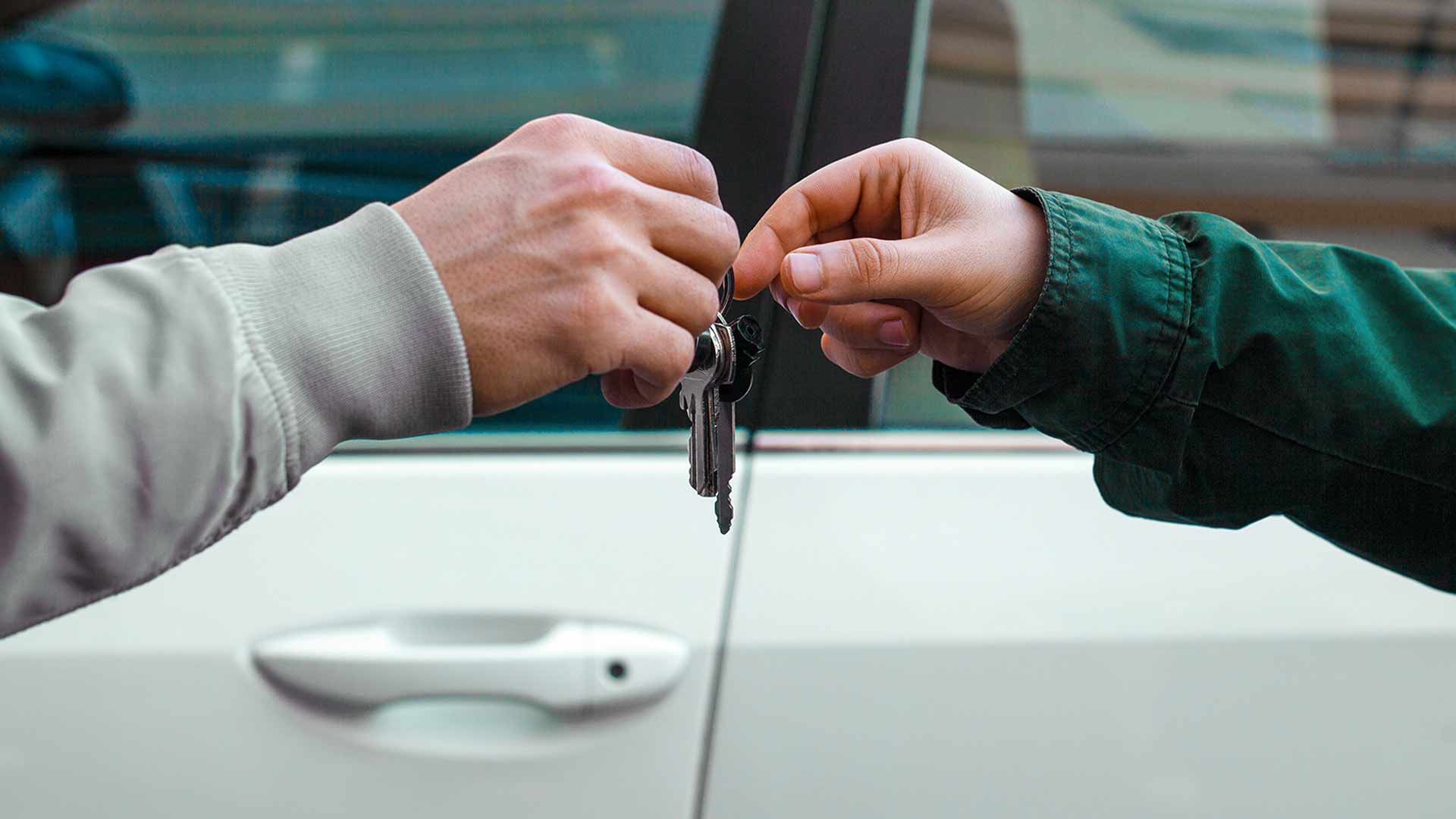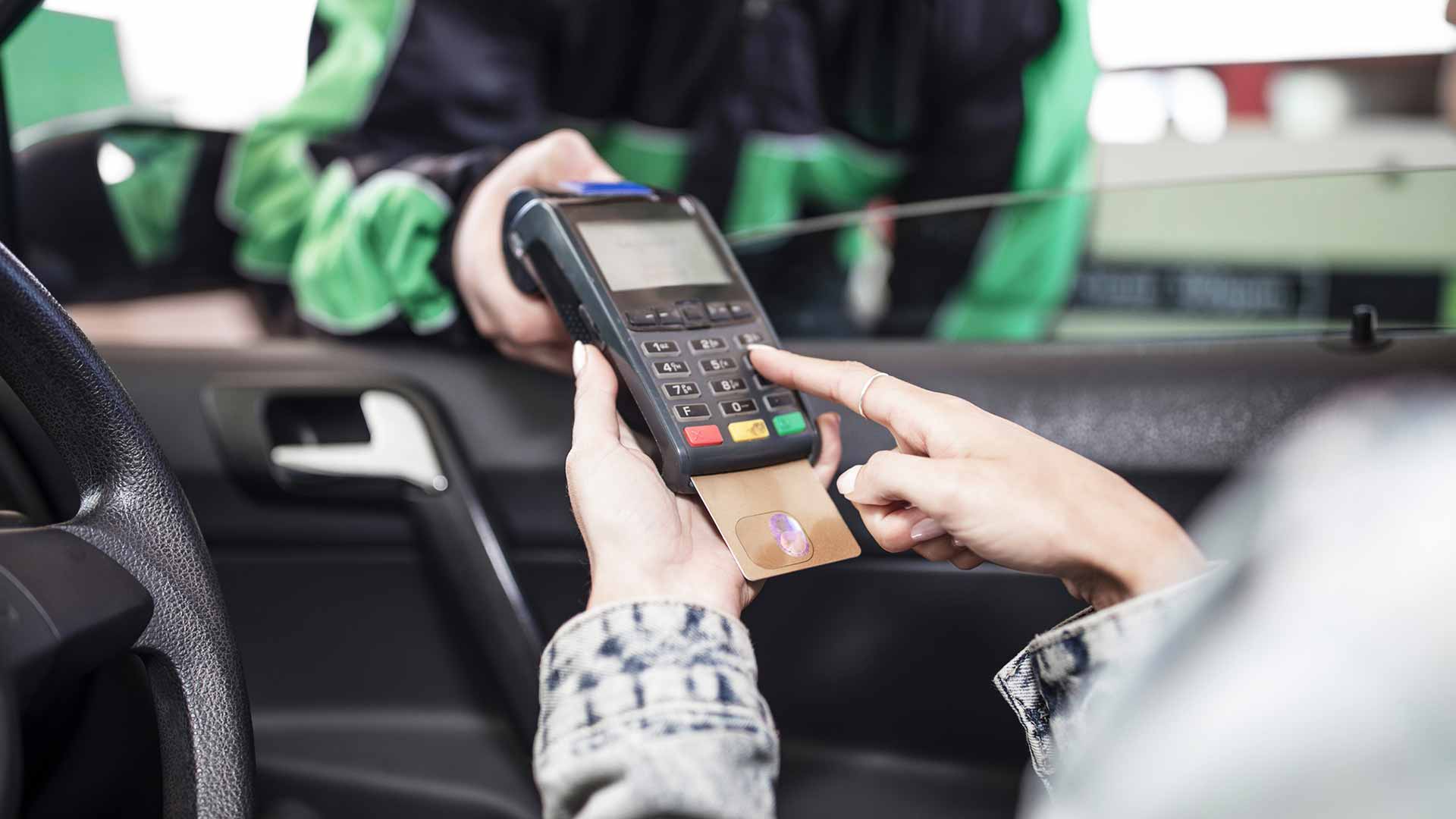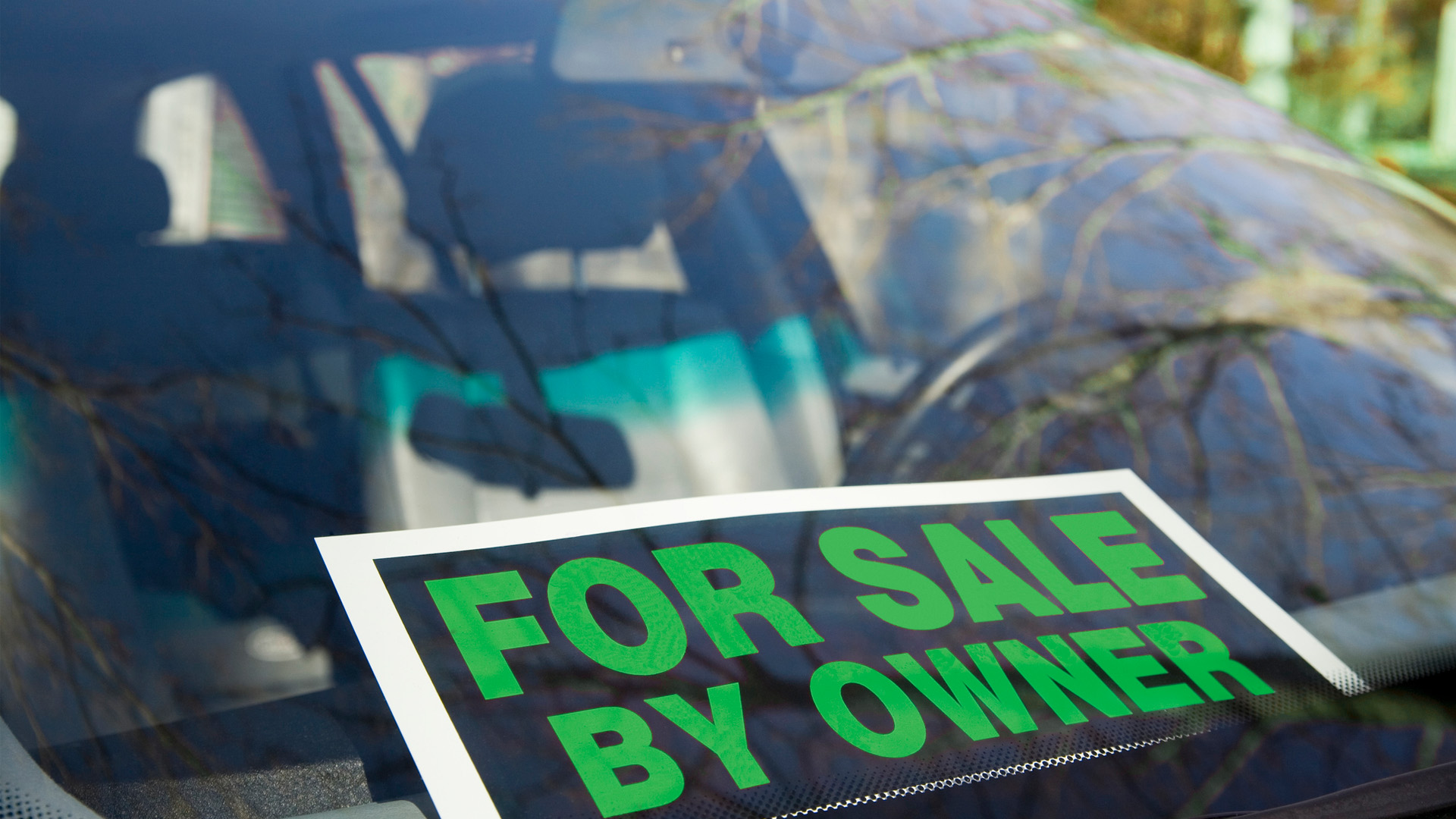With the fuel price constantly rising, you might be considering switching to a more fuel-efficient car. Spending less on petrol or diesel makes sense when you’re tightening your belt, because it leaves you more money to cope with the knock-on effect that higher petrol prices have on other costs, like transport and groceries. Burning less fuel also lowers your car’s greenhouse gas emissions – an important consideration when we’re facing urgent calls to reduce our impact on climate change every way we can.
Fuel efficiency can be influenced by your driving habits, but it also depends on the make, model and age of your car, the size of the engine, the fuel it runs on, and other technical details of the ignition system. Thankfully, you don’t have to know all those details to work out the fuel efficiency of your own car, and manufacturers list the average fuel efficiency of their new vehicles. If you’re buying a used car, be sure to ask about the fuel efficiency, so you can get an idea of what savings you can expect if you switch cars.
Here’s a step-by-step approach to working out whether trading in your car for a more fuel-efficient one could save you money:
1. Work out your car’s fuel efficiency
Fuel efficiency is simply a measure of how much fuel your car uses to drive a set distance. These days, cars are considered more fuel-efficient if they use less than 6 litres per 100km. If your current vehicle uses 10 litres or more to drive 100km, switching could save you a minimum of four litres of fuel – over R80 at current prices – every 100km.
Working out your own car’s fuel efficiency is easy enough, but it’s important to do it under the same conditions as your normal day-to-day driving. Your fuel consumption in city traffic is different to the consumption during long-distance driving with fewer stops and starts. Check your car’s consumption while following your usual driving routine.
Make a note of your odometer reading when you fill up, then try to fill up again after driving another 100 km. The amount of fuel you need on the second refill is the amount you have used per 100km. Of course, you don’t have to be that precise: if you note the odometer readings between any 2 fill-ups, you can use a calculator to divide the number of litres used by the number of kilometres driven, then multiply that figure by 100 to get it into the litres/100km format.
A small car and an SUV consume fuel differently, hence the different fuel tank sizes
For example, if it takes 45 litres to fill the tank of a compact car with a smaller engine after it makes the 567km trip from Johannesburg to Durban, the car is using 0.079 litres/kilometre, or 7.9 litres/100km. A large SUV making the same trip might take 65 litres to refuel afterwards – so fuel consumption during the drive was 0.115 litres/kilometre, or 11.5 litres/100km. The trip in the SUV costs over R400 more in fuel.
Once you know your current car’s fuel consumption, you can compare it to the fuel efficiency of a new car and work out how much you can potentially save on fuel every month.
2. Search for a more fuel-efficient car
In general, diesel engines are more fuel efficient than petrol engines because they use compression ignition, which extracts more energy than spark plugs. The size of a car’s engine also affects fuel consumption – a small car and an SUV consume fuel differently, hence the different fuel tank sizes.
There are several cars on the South African market, at various price ranges, that boast amazing fuel efficiency. The best options in the entry-level segment claim fuel consumption of 3.8 litres/100km and cost just over R200,000. There are mid-level automatic vehicles that can deliver 4.4 litres/100km for around R158,000. You can get an economical entry-level family sedan with fuel consumption of 4.5 litres/100km, priced from R350,000. The executive car with the best fuel efficiency claims 5.8 litres/100 km and costs from R500,000.
You can shop around to see all the options available on the market with Avo Auto, Nedbank’s digital car dealership – and set the filters so that you only search cars with the range of fuel efficiency that you’re after.
3. Compare all the costs
Once you understand your car’s fuel consumption, you must work out whether it’s feasible to switch to a more fuel-efficient car. The price of fuel is only one factor to consider – will a new car cost you more in services and maintenance than your current vehicle? If you’re still paying off your car loan, will trading it in and taking out another finance agreement on a new car increase your monthly payments, and if so, by how much? Does the decrease in your fuel spend outweigh any extra expenses a new car will bring?
If you’ll still save money even while paying off a new car, it makes sense to swap
The Automobile Association (AA) of South Africa has a very helpful website with advice on all the expenses you need to consider when working out your total running costs. These will differ according to the car you drive, the engine size, how much driving you do, where you get it serviced, whether parts are readily available or need to be ordered from suppliers, and several other factors. But you can use the AA formula to work out exactly what it costs to run your current car, plus get an accurate estimate of what your total costs will be to buy and run a new car, so you can compare the 2 figures and decide if switching to a more fuel-efficient model will save you money in the long run.
4. Trade in your current car
If you decide to switch cars, you’ll probably need to trade in your current vehicle for a new one. Find out its current book value before you apply for a trade-in, so you can have an idea of what it’s worth, how much of a deposit it will give you towards the new car, and what your monthly payments will be to finance the remainder.
But trade-in prices aren’t determined by book value alone. They are also affected by the market demand for a specific type of car, so it’s a good idea to look at the prices that similar vehicles are selling for, and to approach a couple of dealerships to see what they are willing to offer you for your vehicle. Also note that cars in good condition with full service histories sometimes get a little more than their counterparts that haven’t been as well looked after. If you’ll still save money even while paying off a new car, it makes sense to swap.
If you find the car you want on Avo Auto, you can also apply and be approved for financing on the app with MFC, a division of Nedbank, saving you time and effort.
Did you know that if you take out MFC vehicle finance and open a Nedbank Savvy Plus or Savvy Bundle Account, you can get R200 a month cash back for the duration of your loan? For an affordable car loan tailored to your circumstances and value-added extras like cash back, choose the bank that’s best for your money.







